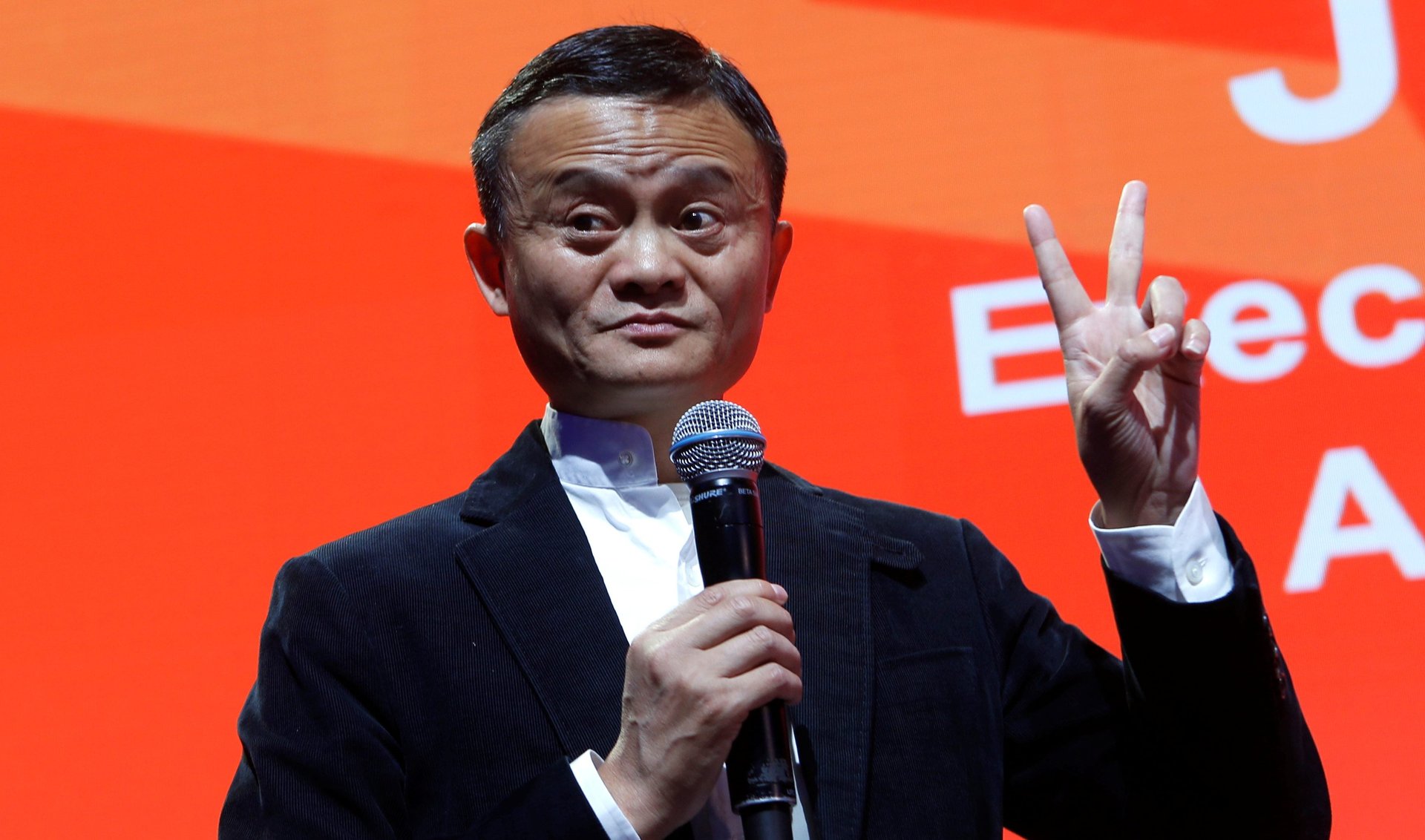Alibaba and luxury giant Kering have gone from enemies to allies in the battle against knockoffs
Alibaba, China’s largest e-commerce company, has been trapped in a conundrum.


Alibaba, China’s largest e-commerce company, has been trapped in a conundrum.
It wants to be the world’s portal for selling to Chinese shoppers, including the growing ranks of wealthy customers willing to drop a few thousand dollars on items such as high-end handbags. But the company has struggled to lure the foreign luxury labels these shoppers want, since those brands, being extremely cautious about preserving their high-end images, are the ones most sensitive to the counterfeits that have plagued Alibaba’s online marketplaces. Alibaba got a very public black eye two years ago when Kering, the parent company of luxury labels such as Gucci and Saint Laurent, sued it over allegations that its marketplaces encourage sales of knockoffs.
Now Alibaba and Kering have reached a new understanding in their contentious relationship. In a big reversal, Kering has dropped its lawsuit, and the two companies are actually teaming up to fight Alibaba’s knockoff problem together. It’s a victory for Alibaba in its bid to cozy up to foreign luxury brands.
At the center of the agreement between Kering and Alibaba is a joint task force that will see them fully cooperating with one another, exchanging information, and working closely with law enforcement bodies, the companies said in an announcement today (Aug. 3). They called the partnership a “milestone” in their efforts to protect intellectual property rights.
The agreement follows on the separate Big Data Anti-Counterfeiting Alliance Alibaba established with other foreign brands in January. Tech brands such as Samsung were involved in that agreement, as well as the luxury labels Louis Vuitton and Swarovksi.
These deals tacitly acknowledge the reality that luxury labels can’t effectively fight knockoffs on Alibaba without working with the company. The digital research firm L2 noted in a 2016 report that international brands don’t control most of the search results for their products on Alibaba. Unauthorized sellers tend to be the dominant force, even on Tmall, Alibaba’s business-to-consumer market where brands can open their own shops and sell directly to customers, and that’s unlikely to change “without Alibaba’s active participation,” L2 noted.
Luxury labels want access to China’s big-spending shoppers, especially online, where the consultancy KPMG projects that 50% (pdf) of China’s domestic luxury sales will take place by 2020. In China, there’s no e-commerce company with a larger audience than Alibaba. (Though rival JD.com is certainly making an effort to attract rich buyers through its new deal with the luxury retailer Farfetch.)
Alibaba has even made efforts to help brands preserve their exclusive, high-end images by launching a new “luxury pavilion” that is only accessible to a select set of wealthy shoppers. Brands already selling on it include Burberry, Guerlain, and the auto maker Maserati.
Asked whether Kering planned to sell any of its brands on the luxury pavilion, Alibaba said it does not have any comment at this point.